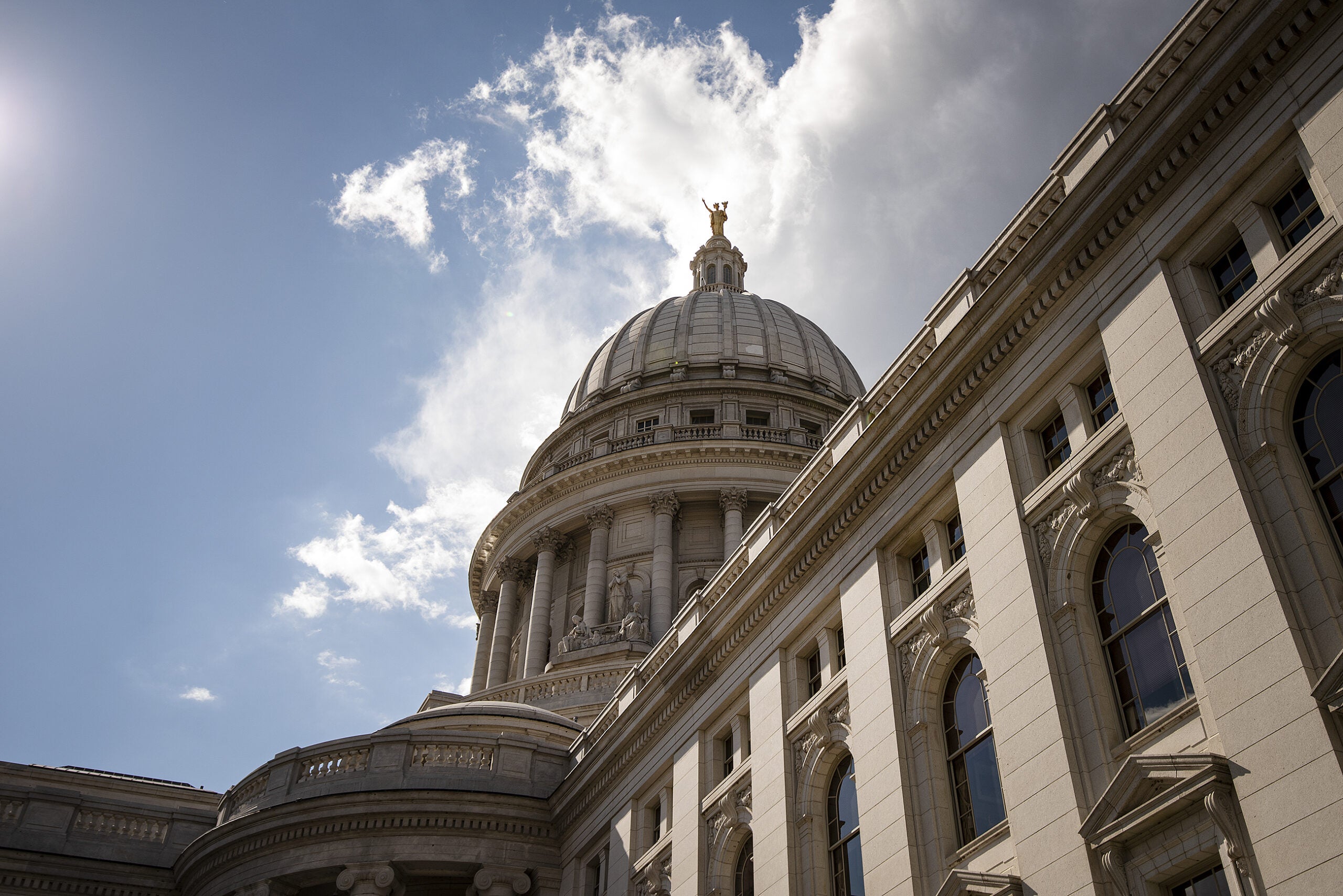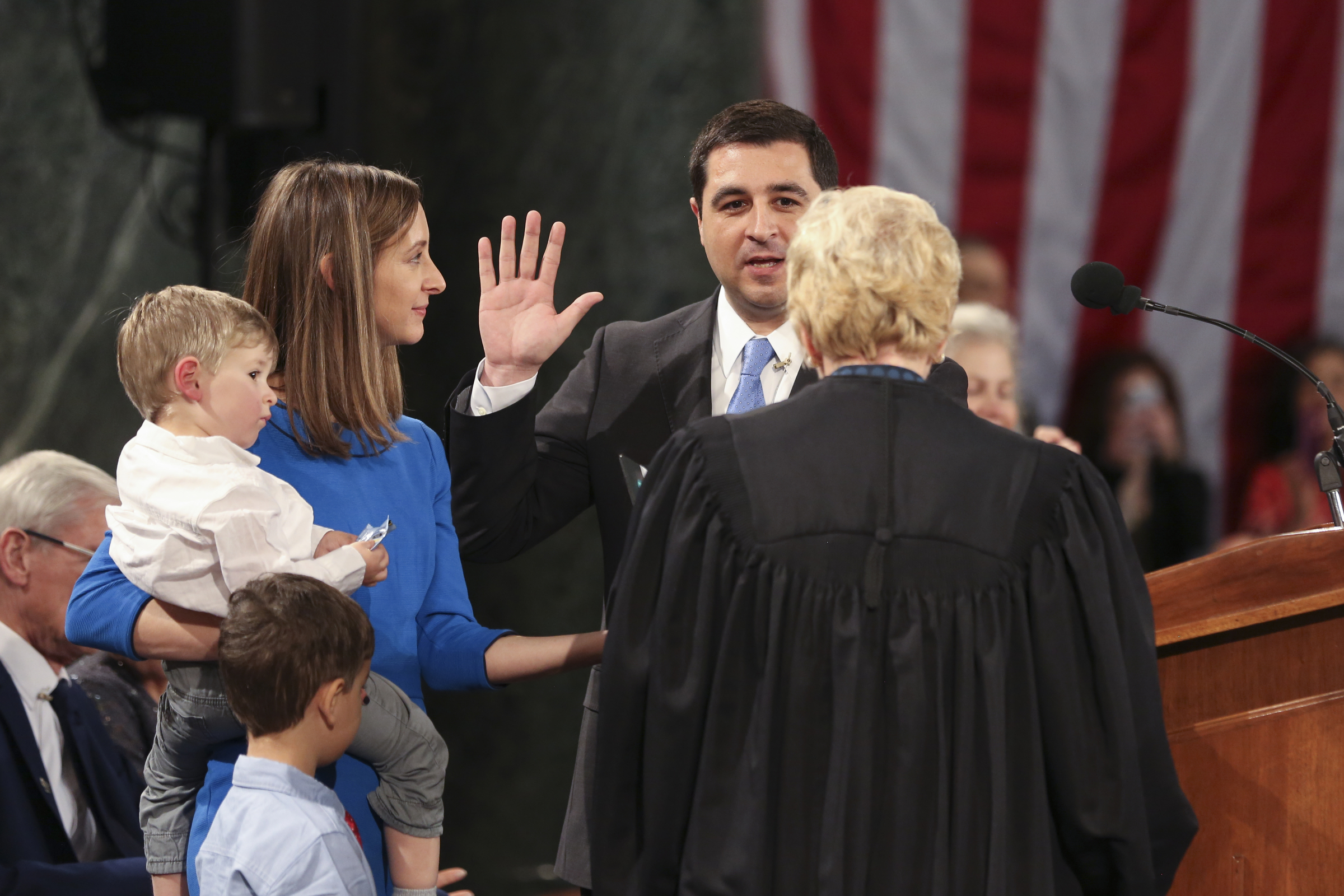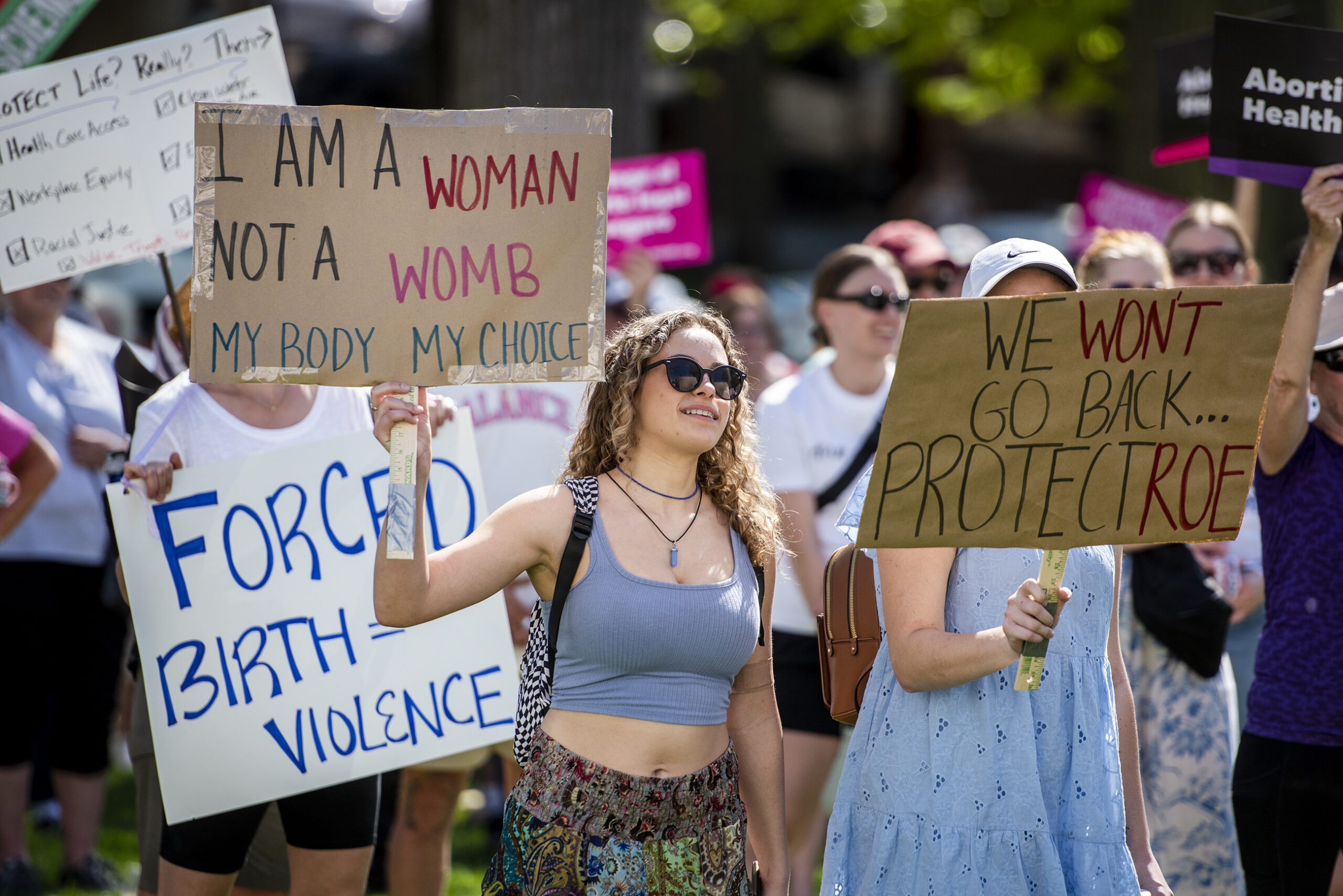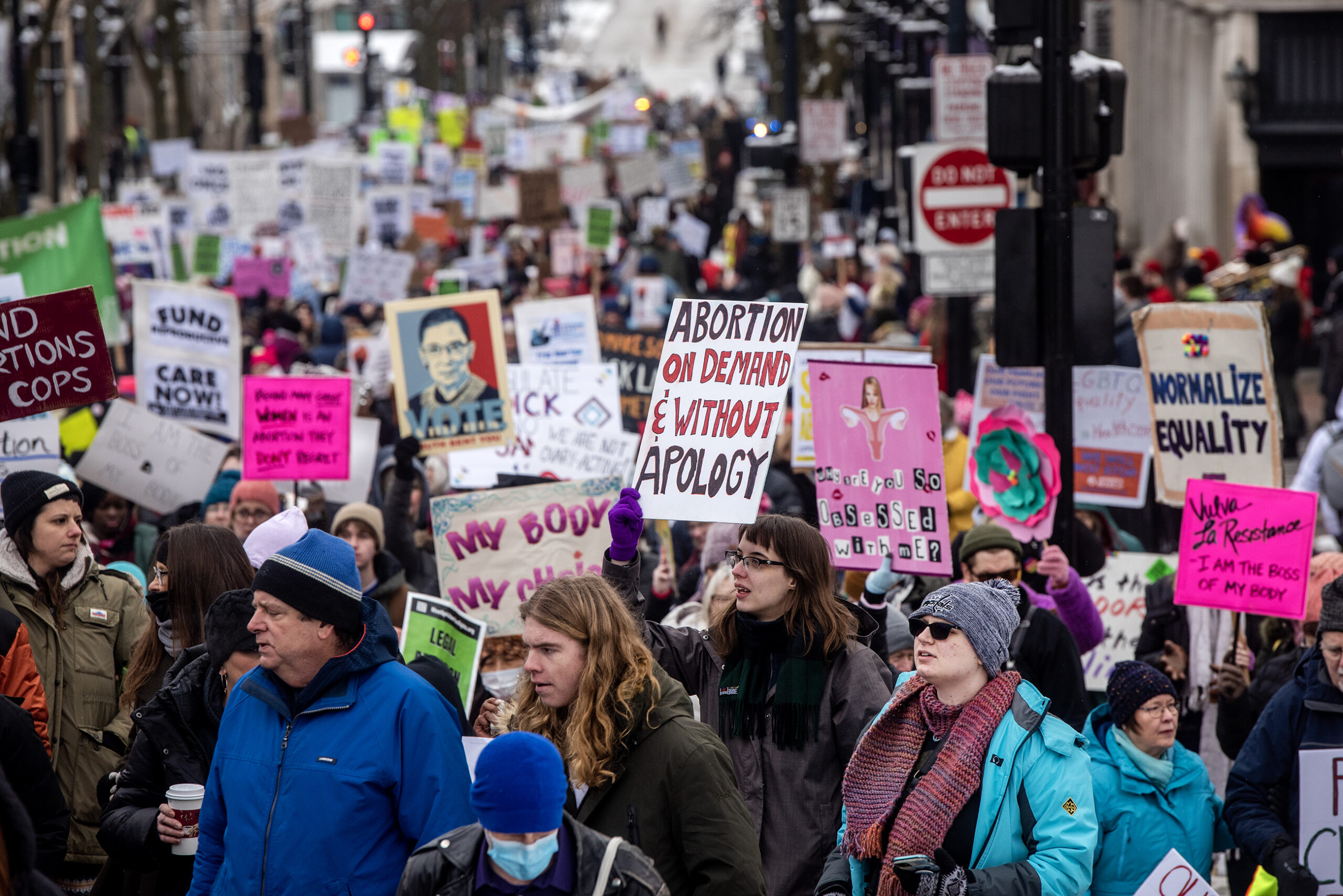Republicans in control of the Wisconsin Legislature took no action on a special session Wednesday that Gov. Tony Evers called to overturn the state’s 173-year-old abortion ban. That comes as a U.S. Supreme Court ruling looms that could overturn a decision giving pregnant people a constitutional right to an abortion.
The state Senate convened and adjourned in the space of 15 seconds, despite objections from Democratic senators in the room. The state Assembly adjourned in similarly quick fashion.
Evers called the session two weeks ago in Milwaukee, saying time was running out to protect Wisconsin’s reproductive health services.
Stay informed on the latest news
Sign up for WPR’s email newsletter.
Republicans immediately signaled their intent to all but ignore the special session. Senate Majority Leader Devin LeMahieu, in a statement on the day the session was called, said he would “gavel out of another blatantly political special session call,” noting the party’s position on abortion hadn’t changed.
Evers chastised Republicans Wednesday for not taking the opportunity to protect reproductive rights.
“Wisconsinites support Roe, and they support access to safe, legal abortion. I hear from Wisconsinites who just want their loved ones, friends, and neighbors to get the healthcare they need when they need it,” Evers said in a statement Wednesday. “Republicans’ refusal to act will have real and severe consequences for all of us and the people we care most about who could see their ability to make their own reproductive healthcare decisions stripped away from them.”
After the Senate’s session gaveled out, state Sen. Chris Kapenga, R-Delafield, in a statement, called the session “a calculated campaign move.”
In 1973, the U.S. Supreme Court ruled in Roe v. Wade that pregnant people have a constitutional right to an abortion within the first two trimesters, when a fetus is unable to survive outside the womb, or about 23 or 24 weeks gestation. Reports last month on a leaked draft opinion from the court indicate that decision may be overturned this year. If that happens, a 173-year-old abortion ban in Wisconsin would go back into effect. Wisconsin Attorney General Josh Kaul has said he will not enforce the ban, though local law enforcement officials could choose to do so.
In a national Marquette Law School poll last month, two thirds of adults polled said abortion should be legal in at least most cases.
In a press conference Wednesday, Democratic legislative leaders voiced their concerns with the Republican decision to gavel in and gavel out.
Assembly Minority Leader Greta Neubauer said “the will of the people should be the law of the land.”
“Banning abortions will not stop them from happening in Wisconsin or anywhere else,” Neubauer said. “What it will do is it will make abortions unsafe and put people’s lives at risk just for trying to access the abortions that they need.”
Senate Minority Leader Janet Bewley spoke of her experience as the mother of four adult daughters.
“They are part of a generation of women who grew up knowing their reproductive rights were protected,” Bewley said. “To them, overturning Roe will be a sea change, the upheaval of their existing rights. We cannot leave our children with fewer rights than their mothers and their grandmothers.”
Dr. Eliza Bennett, an OB-GYN with the University of Wisconsin-Madison School of Medicine and Public Health, said performing abortions is a “moral and ethical obligation to my patients.”
“My pregnant patients are full people entitled to self-determination, and they arrive at their decisions to end pregnancies for many different reasons,” Bennett said. “They impart meaning to their pregnancies, not as callous, uncaring villains, but as thoughtful, well-reasoned, and insightful inhabitants of their own bodies and lives. They, not the state, are the best arbiters of their bodies and their lives.”
Bennett said while the state’s ban allows abortions to be provided to save the life of the mother, there’s a gray area around exactly what that means.
“Do patients need to be so sick that death is nearly upon them?” Bennett said. “If I perform an abortion prior to that, will I be jailed, fined? … This is an untenable situation for physicians and patients.”
This isn’t the first time a call for a special session of the Legislature during Evers’ time in office has been gaveled in and out by Republican leadership. The Legislature has given similar treatment to special sessions about Medicaid expansion, gun laws and policing.
Wisconsin Public Radio, © Copyright 2025, Board of Regents of the University of Wisconsin System and Wisconsin Educational Communications Board.





